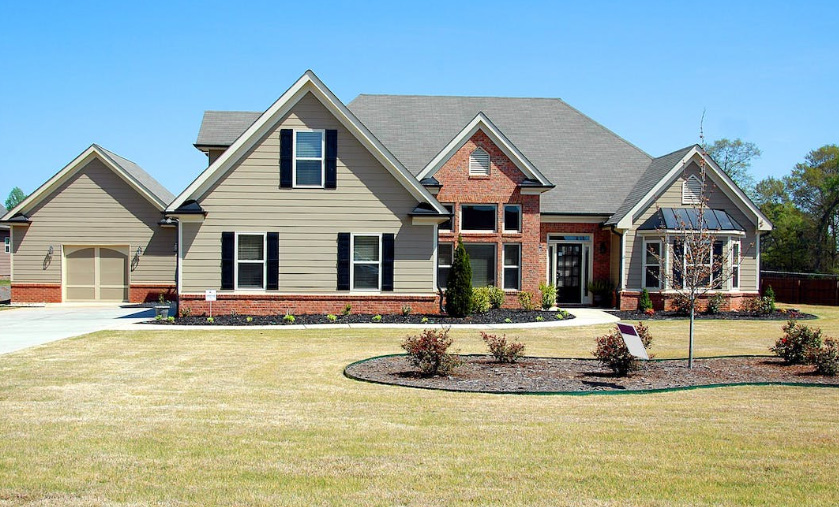
Refinancing your mortgage is taking out a new loan to pay off your existing mortgage. This can be done for several reasons, including taking advantage of lower interest rates, reducing your monthly payments, or shortening the term of your loan. When you refinance your mortgage, you will need to pay closing costs ranging from 2% to 5% of the loan amount. But do you need a down payment to refinance your mortgage? Let’s find out.
What is a Down Payment?
A down payment is a percentage of the purchase price of a home that you pay upfront. It is typically 20% of the purchase price, but it can be as low as 3.5% for some government-backed loans. The purpose of a down payment is to reduce the lender’s risk by providing some equity in the property. This can help you qualify for a lower interest rate and reduce your monthly payments.
Do You Need a Down Payment to Refinance Your Mortgage?
The short answer is no, you do not need a down payment to refinance your mortgage. When you refinance your mortgage, the new loan pays off the old one, so there is no need for a down payment. However, you must pay closing costs, including appraisal fees, title fees, and other fees associated with the loan.
Cash-Out Refinancing
If you want to take cash out of your home equity when you refinance, you may need to make a down payment. Cash-out refinancing is when you refinance your mortgage for more than you owe and take the difference in cash. For example, if your home is worth $300,000 and you owe $200,000 on your mortgage, you could refinance for $250,000 and take $50,000 in cash. In this case, you must make a down payment on the additional $50,000.
Do you know how much home you can afford?
Most people don’t... Find out in 10 minutes.
Today's Mortgage RatesLoan-to-Value Ratio
When you refinance your mortgage, the lender will look at your loan-to-value (LTV) ratio. This is the ratio of the loan amount to the appraised value of your home. For example, if your home is worth $300,000 and you owe $200,000 on your mortgage, your LTV ratio is 67%. Most lenders prefer an LTV ratio of 80% or less, which means you have at least 20% equity in your home. If your LTV ratio is higher than 80%, you may need to pay for private mortgage insurance (PMI) to protect the lender if you default on the loan.
Equity Requirements
When you refinance your mortgage, you must have enough equity in your home to qualify for the loan. Most lenders require at least 20% equity in your home, although some government-backed loans may allow you to refinance with less equity. If you do not have enough equity in your home, you may need to make a down payment to bring your LTV ratio below 80%.
Benefits of a Down Payment
While you do not need a down payment to refinance your mortgage, making one has some benefits. First, a down payment can help you qualify for a lower interest rate, saving you thousands of dollars over the life of your loan. Second, a down payment can reduce your monthly payments and help you repay your loan faster. Finally, a down payment can provide you with some equity in your home, which can help you sell your home or refinance in the future.
Conclusion
You do not need a down payment to refinance your mortgage, but you may need one if you are doing a cash-out refinance or do not have enough equity in your home. Before you refinance your mortgage, it is important to understand your options and the costs associated with refinancing. By researching and working with a trusted lender, you can make an informed decision that will help you achieve your financial goals.
Get In Touch With Your Mortgage Expert Today!
Are you looking for a reliable mortgage lender with low down payment options? Look no further than MidAmerica Bancorp, Inc! Our range of mortgage products, including FHA, VA, conventional, and jumbo mortgages, cater to both first-time and returning homebuyers. Contact us today at (708) 237-4050 to start your home buying journey with confidence. We cover the following states: Illinois, Indiana, Wisconsin, and Florida.
Do you know how much home you can afford?
Most people don’t... Find out in 10 minutes.
Today's Mortgage Rates


